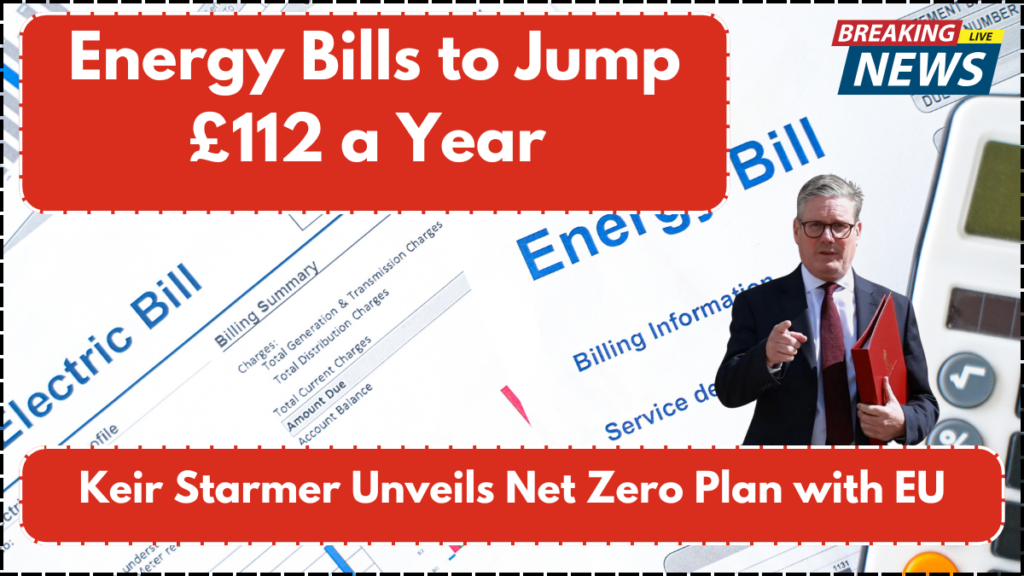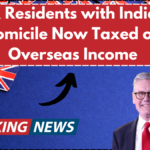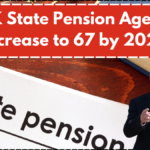In a major policy shift, Prime Minister Keir Starmer is preparing to integrate the United Kingdom’s emissions trading system (UK ETS) with the European Union’s carbon credit market as early as May 2025. This move, aimed at rebuilding post-Brexit ties with Brussels, could have significant implications for both businesses and households across the UK.

What Is the UK Emissions Trading Scheme?
The UK ETS is a carbon market that requires companies to purchase permits for every tonne of greenhouse gas emissions they produce. This mechanism, inherited from the EU system post-Brexit, aims to incentivise reductions in carbon emissions and help the UK reach its 2050 net zero goals.
Currently, the UK system operates separately from the EU’s, and due to a more generous cap on emissions, British carbon credits have been significantly cheaper. This price disparity has allowed UK-based industries to remain cost-competitive against their EU counterparts.
What Does Alignment Mean?
The planned integration of the UK ETS with the EU’s system would effectively merge the two carbon markets. This means UK companies would face the same carbon credit prices as those in Europe—which are currently about 50% higher.
The proposed link is expected to be officially discussed and potentially announced at the UK-EU summit scheduled for May 19, 2025, in London. Even if a formal agreement isn’t reached at the summit, officials have indicated that the intent to proceed with alignment will be declared.
Current vs Proposed Emissions Trading Impact
| Feature | Current UK ETS | Proposed UK-EU Linked ETS |
|---|---|---|
| Carbon Credit Price | Lower than EU | Equal to higher EU rates |
| Emissions Cap | Higher (more lenient) | Stricter (aligned with EU) |
| Cost to Gas-Fired Electricity | Moderate | Likely to increase |
| Impact on Industrial Costs | Lower | Higher |
| Export Advantage | Subject to EU carbon tax | Exempt from EU carbon border tax |
Why Is This Happening Now?
The move aligns with Labour’s broader strategy to strengthen economic and environmental ties with the EU, marking a shift in tone from recent Conservative governments. It is part of Starmer’s campaign to reset relations and cooperate more closely on climate policy.
Cabinet Office Minister Lord Hunt confirmed in March 2025 that the Government is actively considering the link. Nick Thomas-Symonds, the minister leading the EU reset efforts, described the alignment as a key priority.
How Will It Affect Households?
One of the most pressing concerns is the potential rise in energy bills. Gas-fired power stations, which still generate around 26% of the UK’s electricity, will face higher operating costs due to pricier carbon permits. These costs are likely to be passed on to consumers.
Conservative MP Nick Timothy estimates the change could add up to £112 annually to household energy and goods bills. He argues that the policy risks placing ideological commitments to net zero above practical economic considerations.
Business Reactions and Economic Implications
While exporters might benefit by avoiding the EU’s carbon border adjustment mechanism (CBAM), which penalises imports from regions with lax emissions rules, domestic manufacturers and power generators may see increased operational costs.
Critics warn that aligning with the EU could mean relinquishing control over national carbon pricing. As EU carbon prices rise, UK industries would have no choice but to follow suit, potentially reducing competitiveness and slowing growth.
Conclusion
The UK’s potential alignment with the EU emissions trading scheme represents a pivotal moment in climate and economic policy. While it could strengthen trade ties and promote climate collaboration, the decision also raises concerns about affordability for households and sovereignty in carbon pricing.
As the May 2025 summit approaches, the Government must balance long-term environmental goals with the immediate financial realities facing British families and businesses.
FAQs
What is the Emissions Trading Scheme (ETS)?
The ETS is a market-based system where companies buy credits for the carbon emissions they produce, encouraging them to reduce their greenhouse gas output.
Why is the UK aligning with the EU’s ETS now?
The UK Government, under Labour, sees alignment as a way to improve trade relations with Europe and enhance cooperation on climate change.
How much more will households pay?
Estimates suggest the average UK household could pay around £112 more annually due to increased energy production costs.
Will this affect all industries equally?
No. Energy-intensive sectors and power generators using fossil fuels will be most affected, while exporters may benefit from avoided EU carbon tariffs.
Can the UK still control its carbon pricing?
Once linked with the EU system, the UK will follow EU carbon market dynamics, limiting its independent control over pricing levels.
For More Information Click Here
Pari is a passionate writer known for captivating stories that blend imagination and reality. Inspired by travel, history, and everyday moments, Pari crafts narratives that resonate deeply with readers.




